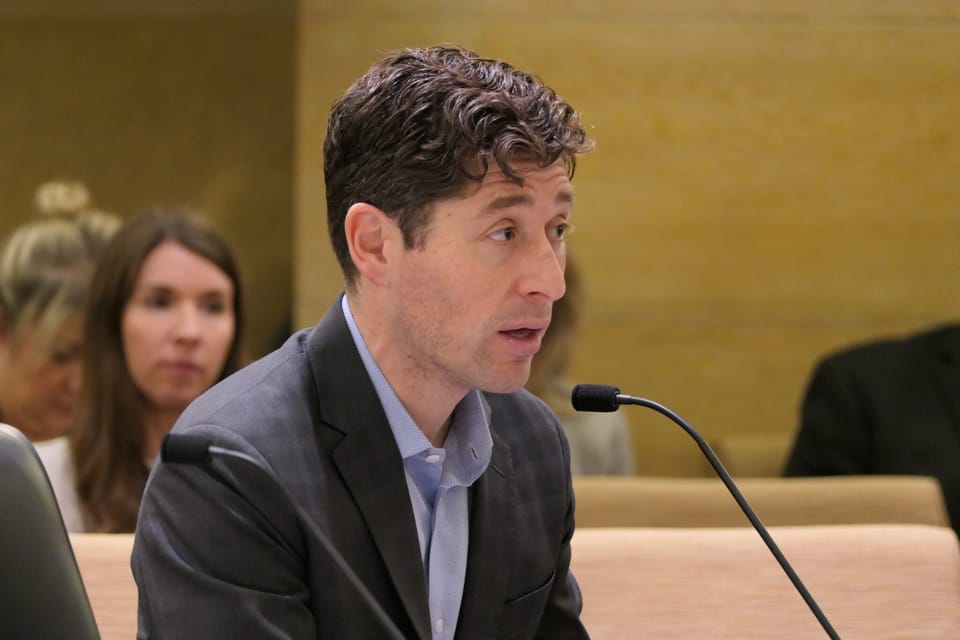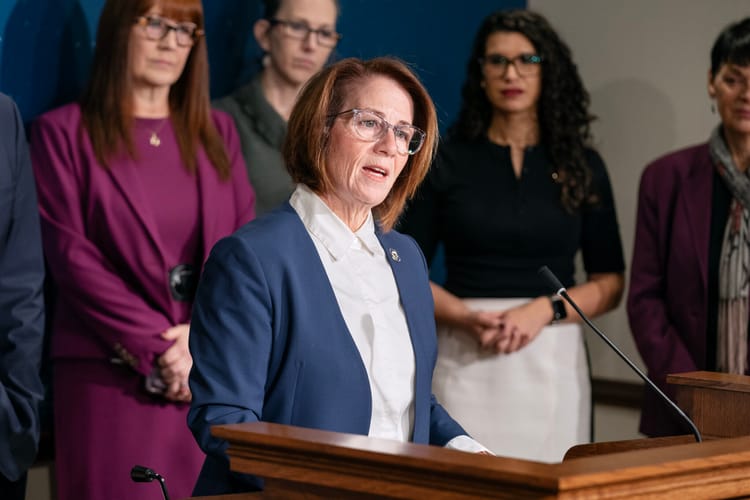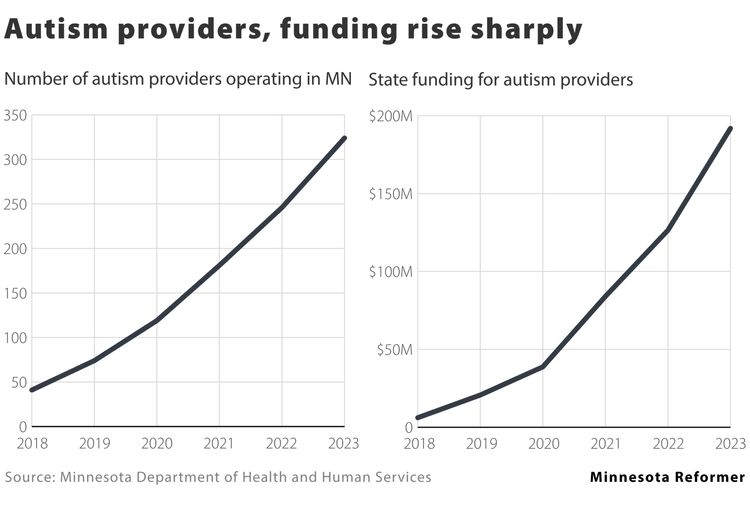Cities and developers want state money to convert office buildings to housing, other businesses

By Madison McVan, Minnesota Reformer
As the value of commercial buildings collapses in the wake of the pandemic, Minnesota city leaders want state help to convert underutilized buildings into housing or better commercial uses.
Office towers that were once prime locales for blue chip tenants have been selling at massive discounts — 97% in one recent case — alarming city leaders who are forced to shift the tax burden to residents.
There are already state and federal tax credits for the rehabilitation or conversion of historic buildings, but developers and city leaders want a bigger state tax credit — up to 30% of a project’s cost, compared to 20% for the existing historic state credit — and to apply it to more buildings.
The bill (SF768/HF467) does not require that the buildings be converted to housing to qualify for the credit. Instead, conversions qualify if they remake a commercial building for another commercial use that the building was not originally built to accommodate, or if at least half of the building has been vacant for five years, and the conversion “will return that vacant area to an income-producing, habitable condition.”
The credit — called the “credit for conversion of underutilized buildings,” or the “CUB credit” — would apply to buildings at least 15 years old.
“The CUB credit is not the silver bullet that will fix all of our cities’ challenges,” said Sen. Zaynab Mohamed, DFL-Minneapolis, the bill’s chief author. “However, without it, many adaptive reuse projects in Minnesota simply will not move forward.”
Any program that will cost the state money will have a difficult path to passage this year. The state is spending more money than it’s bringing in, meaning lawmakers will look for areas to cut more than new programs to spend on.
Senate Taxes Committee Chair Sen. Ann Rest, DFL-New Hope, said in a hearing Thursday that the bill as written is too expensive — a Department of Revenue analysis found it would cost between $20 and $25 million per year, with no cap on payouts. Mohamed said the program could be capped based on budget targets.
Converting office buildings to apartments is complicated.
Many office towers aren’t structurally fit for housing: Some are so large that many apartments would lack windows, a dealbreaker for prospective residents. Others have exteriors made almost entirely of glass. Plumbing is often centralized — one floor may have one or two common restrooms, while apartments require many bathrooms spread across the floor.
And while interest rates have dropped from their most recent peak in 2023, they’re still well above the rates of the 2010s and the historic lows reached during the pandemic.
Zoning rules can also present hurdles to redevelopment. Minneapolis changed its rules last year to eliminate some red tape for office-to-residential conversions, exempting developers from public hearings, extensive traffic studies and the city’s inclusionary zoning ordinance, which requires developers to either include a number of affordable housing units or pay large fees to the city.
Minneapolis Mayor Jacob Frey testified in support of the tax credit proposal. Commercial property values in Minneapolis have dropped by 9.5% over the past year, and the shrinking commercial tax base means an increased property tax burden on homeowners.
Rest, a co-author of the bill, pointed out that commercial properties are taxed at a higher rate than residential properties, so conversions could reduce the tax rate on many buildings.
Higher post-conversion property values would more than offset the lower tax rate, said Chris Sherman of Sherman Associates, a Minneapolis real estate developer that recently converted the historic Northstar Center East from offices to a mixed-use building with more than 200 apartments.
The bill was laid over for possible inclusion in a larger tax bill.
Minnesota Reformer is part of States Newsroom, a nonprofit news network supported by grants and a coalition of donors as a 501c(3) public charity. Minnesota Reformer maintains editorial independence. Contact Editor J. Patrick Coolican for questions: info@minnesotareformer.com.





Member discussion